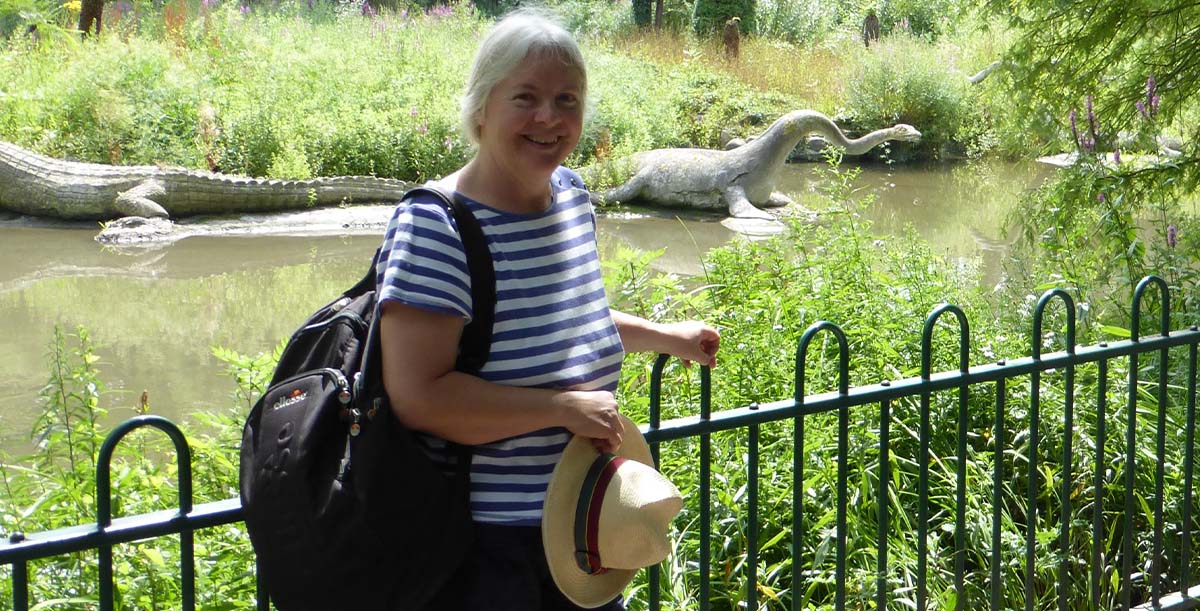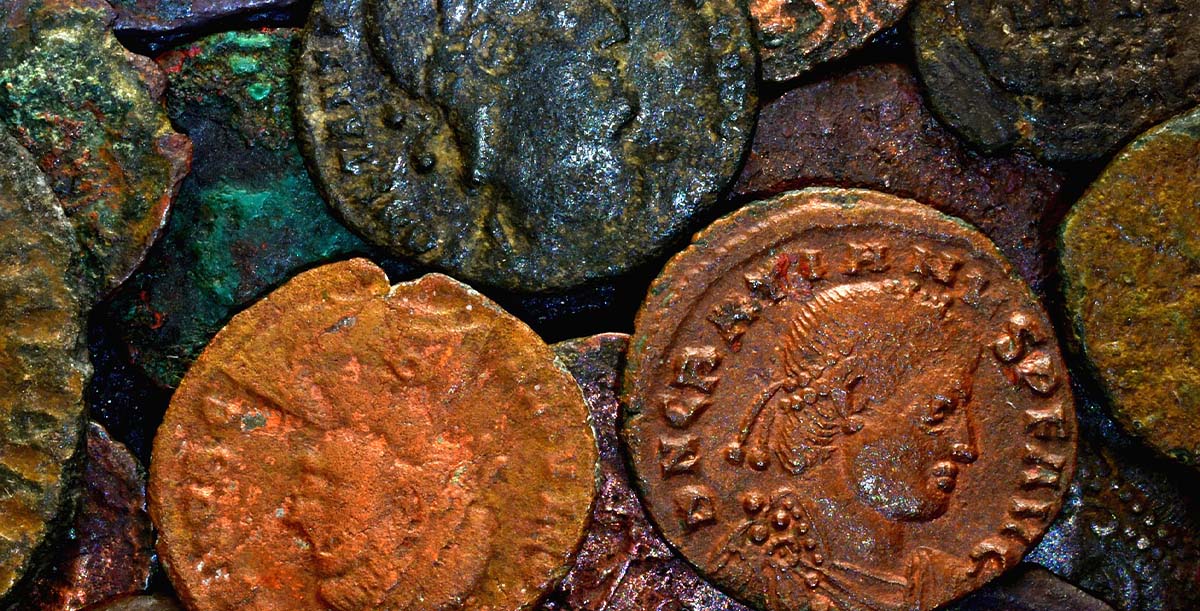Julia Clayton

Julia Clayton studied Economics at the LSE and Ancient History at King’s College London. For twenty-three years she was Head of Classics at King George V College, Southport, a state-sector sixth-form college. In summer 2019 she decided to retire from teaching in order to concentrate on writing and research. Her short stories, often inspired by visits to museums and archaeological sites, explore the different ways in which we seek to reconstruct the past, including issues of authenticity and fakery. She loves ancient and modern languages – the more obscure the better – and her goal is to visit every country in Europe (38 so far).
Julia has been writing on and off since she was a teenager – mostly short stories and travel pieces (she was a runner-up in a Daily Telegraph competition, ‘Fall of the Wall’, about life in the former DDR after German reunification). In 2017 she decided that she wanted to devote a lot more time to writing, so she enrolled as a part-time student on the MA Creative Writing course at Edge Hill University, Lancashire. In 2018 she won the Edge Hill MA Short Story Prize with a story called Open Evening; three of her other short stories were shortlisted for the Fish International Short Story Prize in 2019. In 2018 she was commissioned to write a short story (A Short History of the Banana) to accompany an exhibition on the Great War at a local museum, the Chapel Gallery in Ormskirk. As well as writing short stories, she has also completed a historical novel set in Sparta in 399 BC, and is currently working on her second novel.
Q: If you could travel back in time, which of the great writers would you like to meet and why?
A: Having spent a large proportion of my life either reading or teaching the Iliad and the Odyssey, I think I’d like to meet Homer (although he’s a very shadowy figure whose identity is contested). While these poems are the earliest surviving works of Western literature, they’re still the best, and they’ve exercised a huge influence on subsequent storytelling. They are incredibly complex pieces of work, especially when you consider that they were originally orally improvised in front of a live audience. I’d love to find out how Homer shaped and supplemented his traditional material, and why he made the choices he did, for example starting the Odyssey with Telemachus rather than Odysseus, or choosing to focus on a mere two days of the Trojan War in the Iliad. Even the minor characters, like Odysseus’s swineherd Eumaeus, are so carefully drawn that I’d love to ask Homer if they were based on people he knew.
Q: Is there a book that you keep going back to, and if so, how many times have you read it?
A: Evelyn Waugh’s Brideshead Revisited. It’s one of my mother’s favourite books (I suspect I was named after Julia Flyte). I first read it when I was about fifteen, and I’ve read it at least eight times since then, most recently during the Covid-19 lockdown. Even though I know the plot inside out, I never tire of it – it’s like an old friend whom you enjoy meeting up with. The structure’s perfect, the writing is elegant, the characters are superbly drawn (I particularly love Anthony Blanche) and there’s a great sense of place, whether it’s Oxford or an ocean liner in a storm.
Q: If you could teleport yourself anywhere, real or fictional, where would it be and why?
A: I think it would have to be ancient Sparta, around 400 BC. I used to love teaching Sparta on the A-level Ancient History course, but it’s frustrating how little we know about a place which was essentially the world’s first communist state – the Spartans preferred to commit their laws and history to memory, rather than writing them down. When writing a novel set in ancient Sparta I had to resort to a lot of guesswork based on the fragments we have, so I’d love to go back in time and find out whether any of my guesses were correct.















